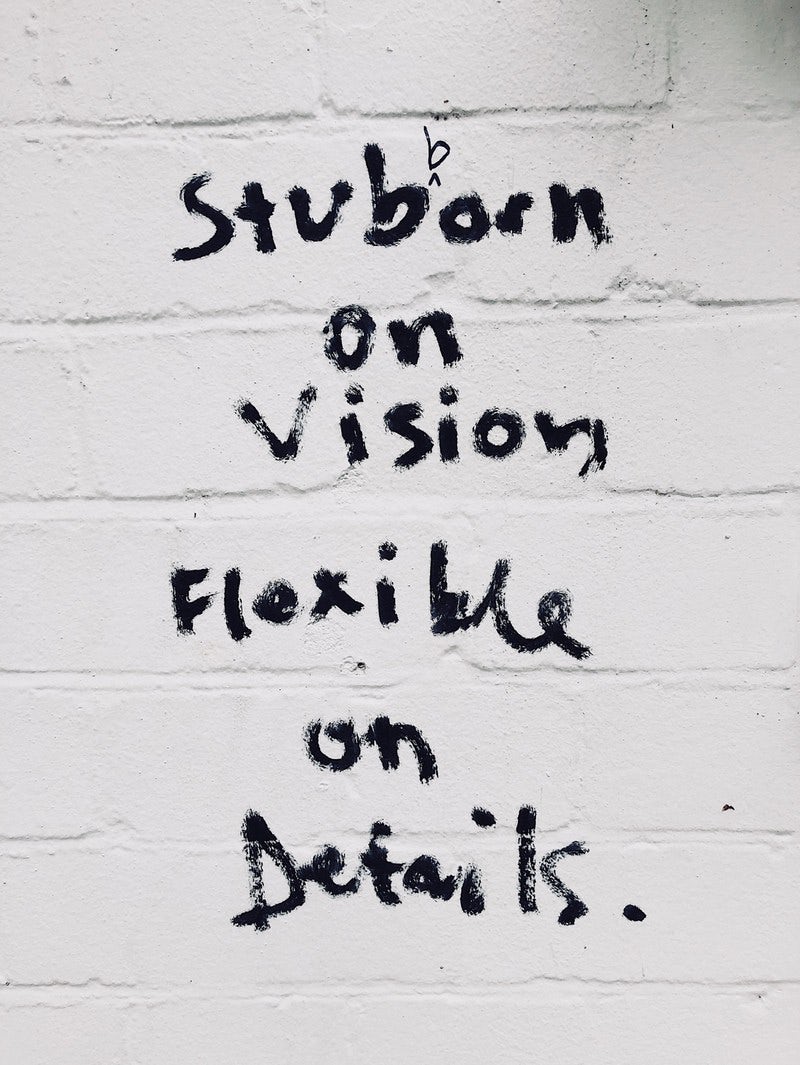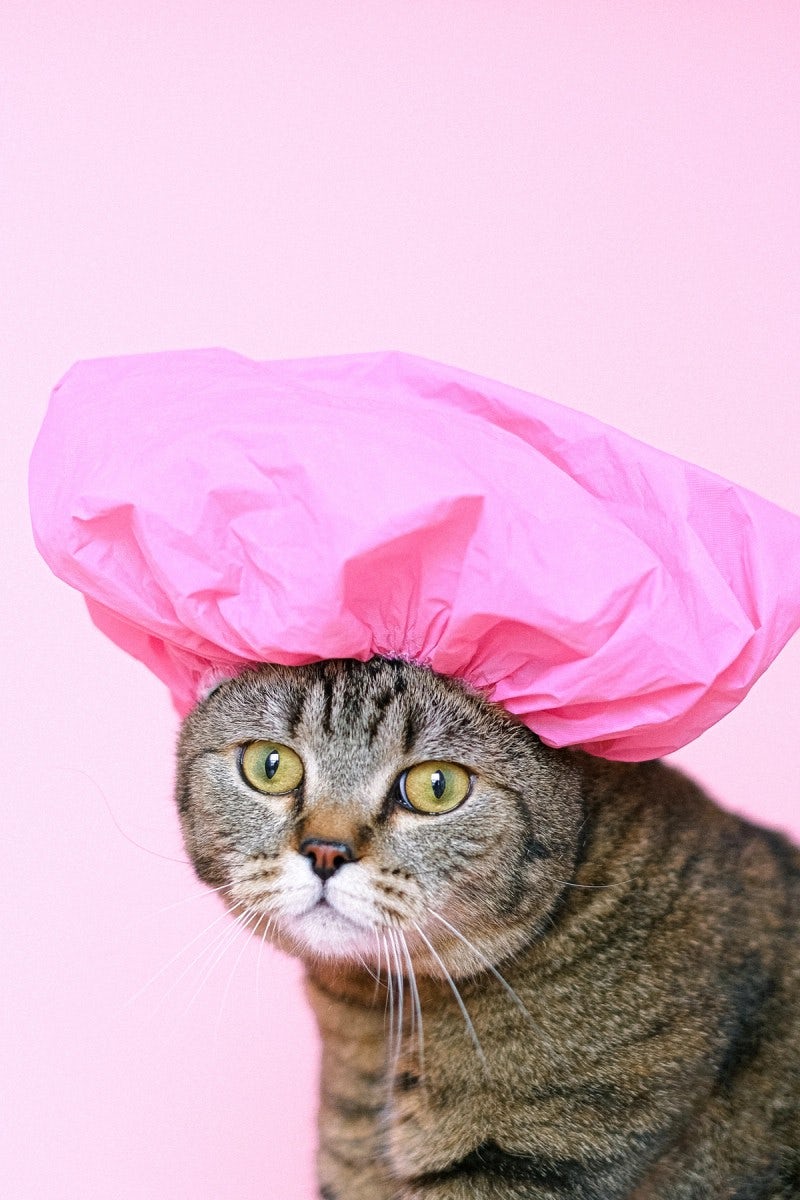
The Apostrophiser
There’s a man in Bristol, England (apparently a true story) who goes out at night and erases incorrect apostrophes on signs. He’s known as the Grammar Vigilante or The Apostrophiser. He uses tape or stickers to cover up apostrophes that have been mistakenly placed in plural words. (for instance, Nut’s instead of Nuts, and Bolt’s instead of Bolts.)
He’s invented a tool that will reach the highest signs and he does his work under cover of darkness because there’s a good possibility that it’s illegal. However, The Apostophiser has been known to say that “it’s more of a crime to have the apostrophes wrong in the first place.”
I love this guy. In fact, if he was arrested, I would canvas my community of writers and post his bail. Then I would borrow his apostrophe remover, don my dark clothes, grab my lantern, and right the wrongs in my world of signage.
I would need a different name, of course. Since I would target all grammar mistakes, I would likely be The Grammarian. But the apostrophe is the perfect place to start.

What Has Happened?
Perhaps I am one of the few people who is driven to discover the source of the problem. It’s highly likely that most don’t care about the difference between who’s and whose, let’s and lets, effect and affect, for instance. If you’re writing a social media post, it really doesn’t matter, as long as it’s readable, right?
I was taught in a rural school at a time when it always mattered. Students were expected to absorb the rules of grammar and punctuation by osmosis. Test results were graded on a combination of the right answers and proper grammar usage.
When did it change? Most frustrated grammar vigilantes tend to blame the internet and social media, yet I think it happened before that, back in the days when phonics was tossed out in favour of ‘that’s close enough’. The rationale: insisting on the proper grammar and spelling impacted negatively on the students’ free spirits and creativity.
Even though it’s an issue for this Grammarian, it’s far from catastrophic in our day-to-day lives. Yet when a writer’s manuscript lands on a publisher’s desk, errors are the rocks that sink even the most brilliant submission.
Students have told me that they don’t care about the little spelling and grammar mistakes, that the publishing house will fix them when their work is accepted. The key part of that sentence is ‘when their work is accepted’. If the rocks get too heavy, their manuscripts end up at the bottom of … the ocean? No, the trash can.
Publishing houses are filled with grammarians; teeming with them, in fact. When a manuscript is filled with mistakes, publishers say that it shows a lack of professionalism. And if I, a lowly writer, editor and creative writing teacher, would be tempted to leave my warm living room on a frigid Canadian winter’s night to run around with a borrowed apostrophe tool, imagine how they would react. They’re not likely to shrug and say, “Oh, this writer is just expressing his free spirit and creativity.”

Common Mistakes
A few years ago, I only saw one mistake over and over. The improper spelling of ‘its’ versus ‘it’s’. I’m sure you all know the rule. If not, my sister, Bossy—the English teacher—would be more than happy to explain it.
Bossy and I have little in common but, when it came to this mistake, it drove both of us crazy. We saw it on billboards, portable signs, even on the sides of trucks. Bossy simply rolled her eyes and said, in her long-suffering, infinitely martyred voice, “They don’t know what they’re doing.”
When she walked away, smugness added a spring to her step. I envisioned finding the sign-maker or the trucking company to explain that ‘its’ is possessive, while ‘it’s’ is a contraction of ‘it is’. If they understood, surely they would change it, right?
Little did I know that by 2022, this would only be one of many mistakes. I had no idea then that people wouldn’t remember how to pluralize a word, that they would turn it into a contraction instead. How did several fathers suddenly become father’s, two cats become cat’s?
What dismayed me even more was that these mistakes didn’t just belong to the free-spirited, creatively-coddled generation. More and more people my age were making the mistakes too, and they went through the same school system as I did. It seemed like, along with forgetting where they put the car keys and why they went into the kitchen, they had also forgotten the basic rules of the English language.
That’s when a new explanation hit me: it’s not that they don’t understand, it’s that they don’t care anymore. I felt like I’d lost my grammatically correct world, like my language had been attacked and conquered and the invaders were linguistic brutes with no compassion for apostrophes, commas, quotation marks and correct spelling. The apocalypse was upon us!

What Now?
What I love about a community of writers, like the groups on Twitter, is that we’re rooting for each other. Not only do I want to be on the short list for a literary award (dare I say, win it?), I want the same for all of you. I want you to succeed, to receive a message that your novel/story/poem/script has been accepted and you’re on your way to fame and fortune.
We all work hard at our craft. Yet I have known some incredible writers who lost out because the publisher or agent stopped reading their manuscript after spotting a couple of mistakes at the beginning. So if you’re uncertain about grammar usage or spelling and you can afford it, hire an independent editor; if you can’t, find a good Style Guide and an old-fashioned dictionary.
I probably don’t need to say it but…don’t rely on spell check! We have all seen the smoldering ruins that it leaves behind. Manuscripts riddled with automatically-corrected errors, trashed and torched.
Of course, you may know a Writing or English teacher who would be willing to help, for a modest fee. If you’re good friends, you might even get by with the offer of a lunch out and a few drinks afterward. These people are worth finding.
Just be careful who you choose. After I asked Bossy to “help” me a few times, I spent more money on therapy than I would have spent on a professional editor. And believe me, medication doesn’t come cheap!
